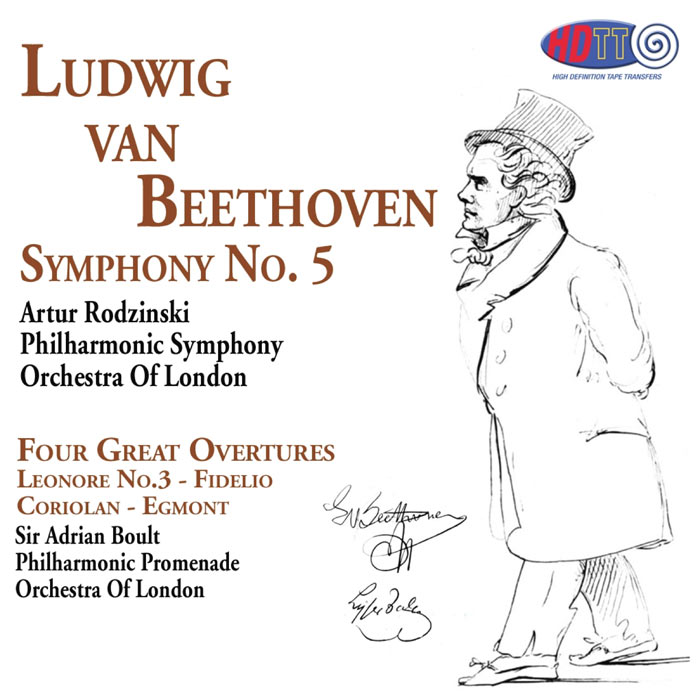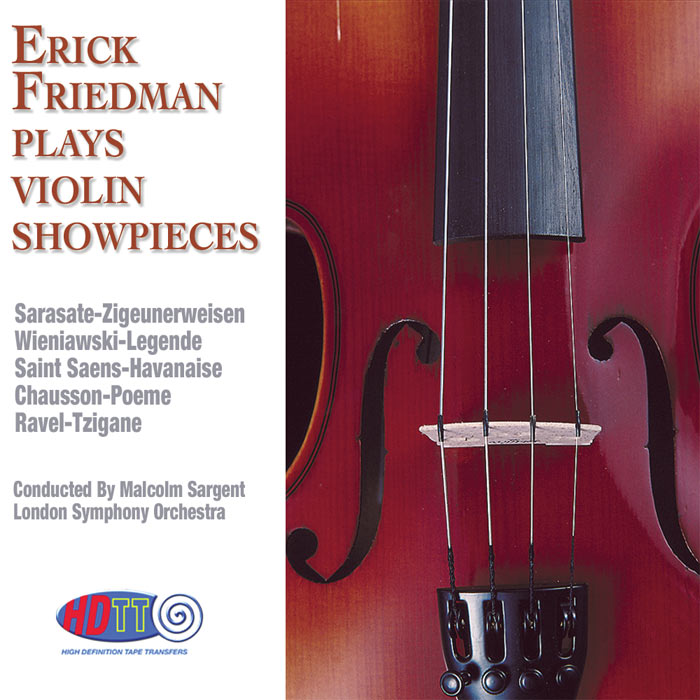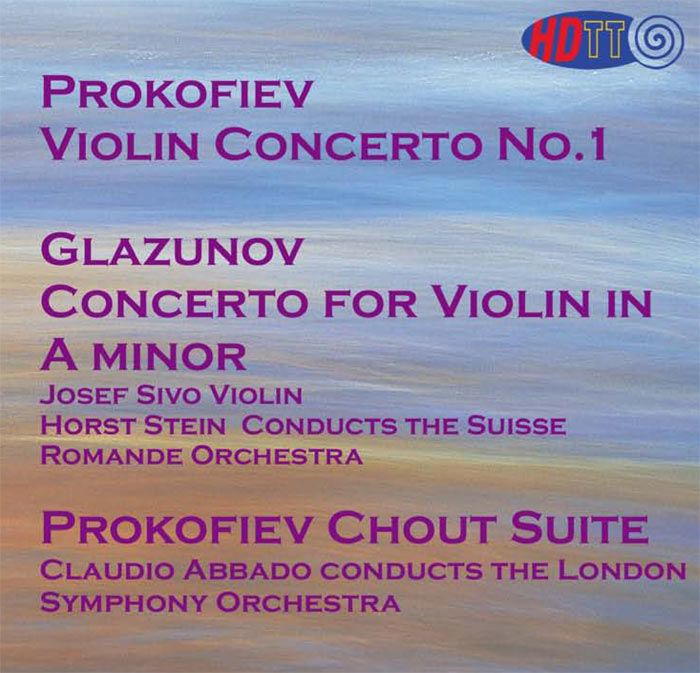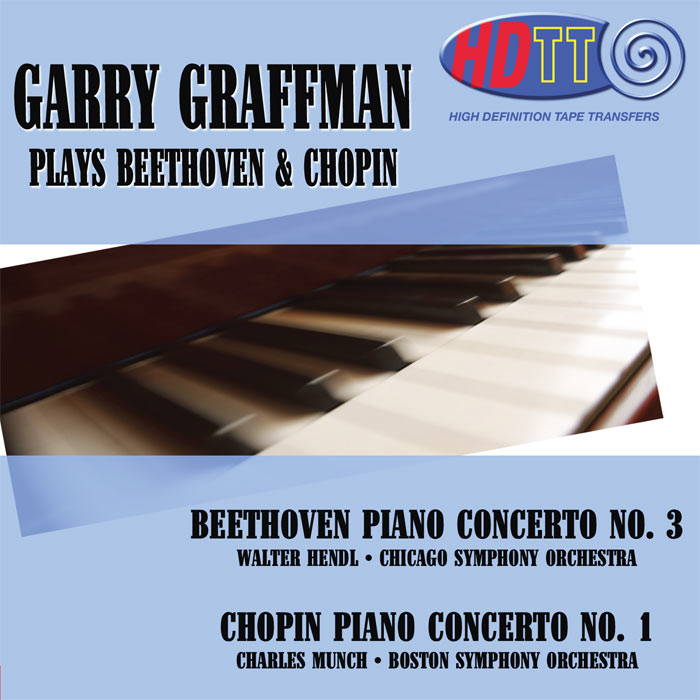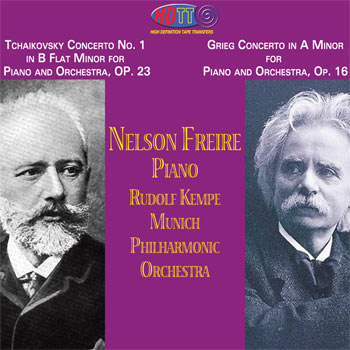Logowanie
OSTATNI taki wybór na świecie
Nancy Wilson, Peggy Lee, Bobby Darin, Julie London, Dinah Washington, Ella Fitzgerald, Lou Rawls
Diamond Voices of the Fifties - vol. 2
Tylko 1000 egzemplarzy!!!
DVORAK, BEETHOVEN, Boris Koutzen, Royal Classic Symphonica
Symfonie nr. 9 / Wellingtons Sieg Op.91
nowa seria: Nature and Music - nagranie w pełni analogowe
Petra Rosa, Eddie C.
Celebrating the art and spirit of music - vol. 3 - Pure
warm sophisticated voice...
Peggy Lee, Doris Day, Julie London, Dinah Shore, Dakota Station
Diamond Voices of the fifthies
Tylko 1000 egzemplarzy!!!
SAMPLER - STS DIGITAL, Buddy Tate, Milt Buckner, Walace Bishop
Jazz Masters - Legendary Jazz Recordings - v. 1
proszę pokazać mi drugą taką płytę na świecie!
Chesky! Niezmiennie perfekcyjny
Winylowy niezbędnik
ClearAudio
Double Matrix Professional - Sonic
najbardziej inteligentna i skuteczna pralka do płyt winylowych wszelkiego typu - całkowicie automatyczna
BEETHOVEN, Artur Rodzinski, Sir Adrian Boult, Philharmonic Symphony Orchestra of London
Symphony No.5 / Four Great Overtures
- Symphony No. 5
- Artur Rodzinski
- Philharmonic Symphony Orchestra Of London
- 1-Allegro con brio 6:15
- 2-Andante con moto 9:52
- 3-Scherzo. Allegro 4:49
- 4-Allegro 8:14
- Four Great Overtures
- Sir Adrian Boult
- Philharmonic Promenade Orchestra Of London
- 5-Leonore No.3 Op. 72b 8:00
- 6-Fidelio Op. 72c 7:03
- 7-Coriolan Op. 62 6:09
- 8-Egmont Op. 84 13:46
- Artur Rodzinski - conductor
- Sir Adrian Boult - conductor
- Philharmonic Symphony Orchestra of London - orchestra
- BEETHOVEN
Artur Rodzinski was born of Polish parents in Spalato, Dalmatia, today's Split, Croatia. He grew up in Lwów, Galicia, now part of Ukraine, where he studied law at the University of Lwów. In 1914, his father sent his family to Vienna, where Artur continued to study law, as well as enrolling in the Universität für Musik und darstellende Kunst Wien. In 1916, he received his doctorate in law. Asked how to say his name, he told The Literary Digest it was rud-JEEN'-skee. After World War I ended in 1918, he moved to back to Lwów, then in Poland, where he found work as a conductor, making his debut conducting the opera Ernani. In 1920, he moved to the Grand Theater in Warsaw. He then moved to the United States, working as assistant conductor to Leopold Stokowski in Philadelphia from 1925 to 1929. His next move took him to California, where he conducted the Los Angeles Philharmonic for four years. From 1933 to 1943, he was music director of the Cleveland Orchestra. Under his leadership this formerly regional ensemble rose to national prominence. During his tenure in Cleveland he also conducted a number of fully-staged opera productions with the orchestra including Der Rosenkavalier with Lotte Lehmann and Shostakovich's Lady Macbeth of Mtsensk. Rodzinski then became music director of the New York Philharmonic, where he remained until 1947. In New York Rodzinski reached the peak of his career and fame. He made headlines by controversially replacing many of the famed orchestra's leading players, but his performances were widely acclaimed.[4] With the Philharmonic Rodzinski reached a national audience, his crisp, brilliant style becoming familiar to audiences through his many records and weekly live broadcasts on CBS Radio. Rodzinski and the Philharmonic were also seen in the Hollywood lm Carnegie Hall in 1947. At the time of his resignation from his New York post Rodzinski was so prominent, having conducted three of America's most prestigious orchestras in succession, that he received signi cant media coverage, including a Time magazine cover story. Rodzinski was known for his ability to quickly rebuild and improve the quality of an orchestra in a short period of time. Based on this reputation he was engaged in 1937 by David Sarno of RCA to recruit and assemble the famed NBC Symphony Orchestra for Arturo Toscanini. Indeed it was Rodzinski who conducted the NBC's very rst public performance prior to Toscanini's debut with the orchestra. The Chicago Symphony Orchestra engaged him as music director in 1947-48. He recorded with the orchestra for RCA Victor and conducted an historic production of Tristan und Isolde with Kirsten Flagstad while in Chicago. But sadly Rodzinski's con icts with the CSO's management and musicians caused him to resign after only one season. During his remaining years Rodzinski was a highly sought-after guest conductor. In London he made a large number of recordings for both Westminster Records and EMI. Returning to opera, he conducted noted productions of Tristan in Florence with the young Birgit Nilsson and again in Chicago with Flagstad, his nal performance. Fraught with ill health throughout his career, Rodzinski succumbed to a heart attack and died in 1958 in Boston, Massachusetts. Sir Adrian Cedric Boult (April 8, 1889 February 22, 1983) Boult was born in Chester and educated at Westminster School and Christ Church, Oxford. As a schoolboy, he was introduced to the world of music by a family friend, Frank Schuster, who was a friend of Edward Elgar and introduced the young Boult to the composer around 1905. He completed his musical education at the Leipzig Conservatory where he learnt to conduct by watching the eminent Hungarian conductor Arthur Nikisch. He sang in choral festivals and at the Leeds Festival of 1913, where he went to watch Nikisch conduct, and made the acquaintance of George Butterworth and other British composers. During World War I he was employed at the War O ce, and whilst there in 1918 planned a series of concerts with the London Symphony Orchestra, which included several important recent British works: Gustav Holst's The Planets, of which he gave the rst private performance, A London Symphony by Ralph Vaughan Williams, of which he gave the rst performance of the revised version, and Elgar's Symphony No. 2 which had fallen into neglect. Elgar wrote to him and said he felt sure the future of his music was safe in Boult's hands. In this way Boult laid the foundations for a long career as a champion of twentieth century English music. As one example, Vaughan Williams dedicated Job, A Masque for Dancing to Boult in the mid-1930s, several years after the actual premi?re of the work.





























